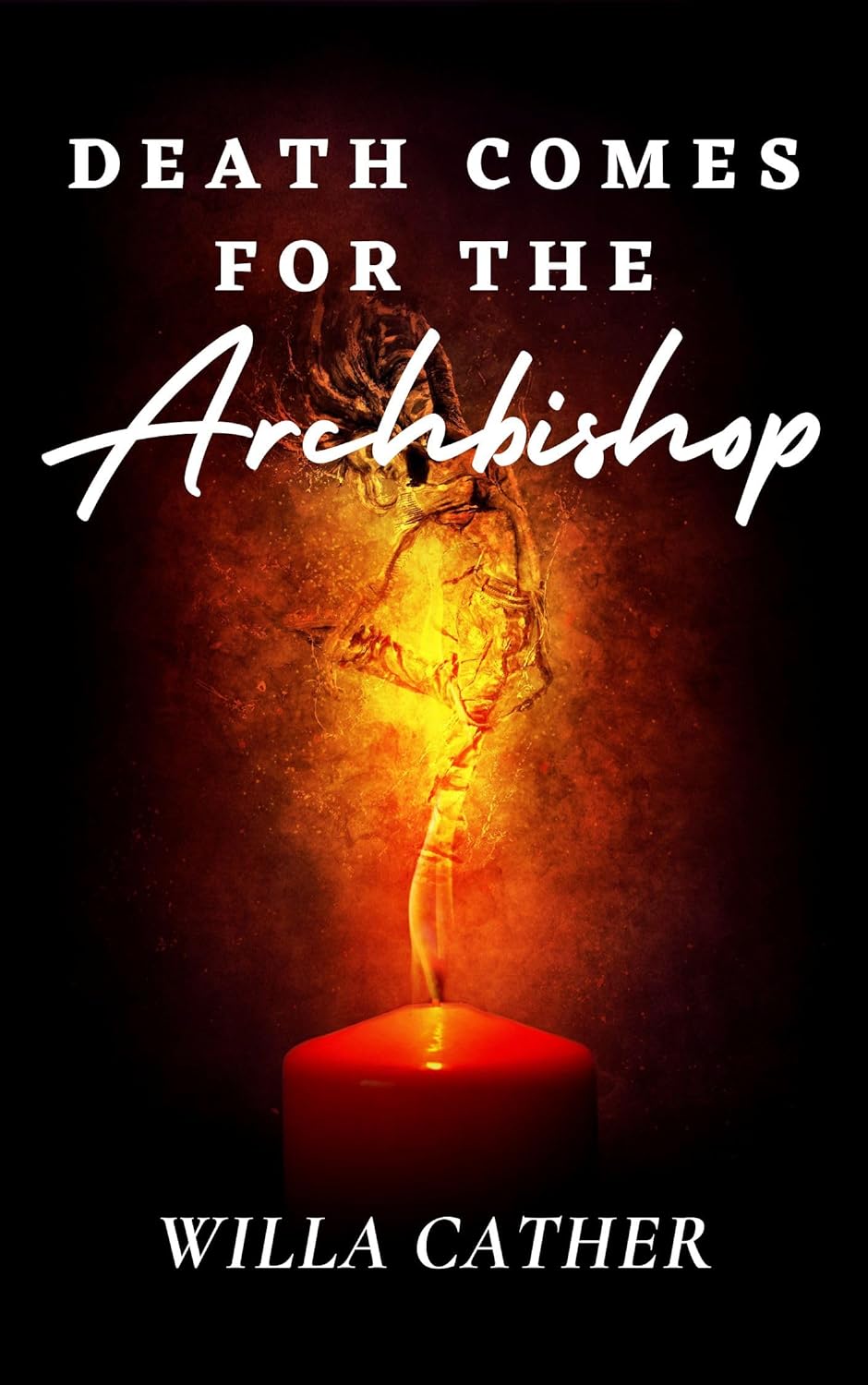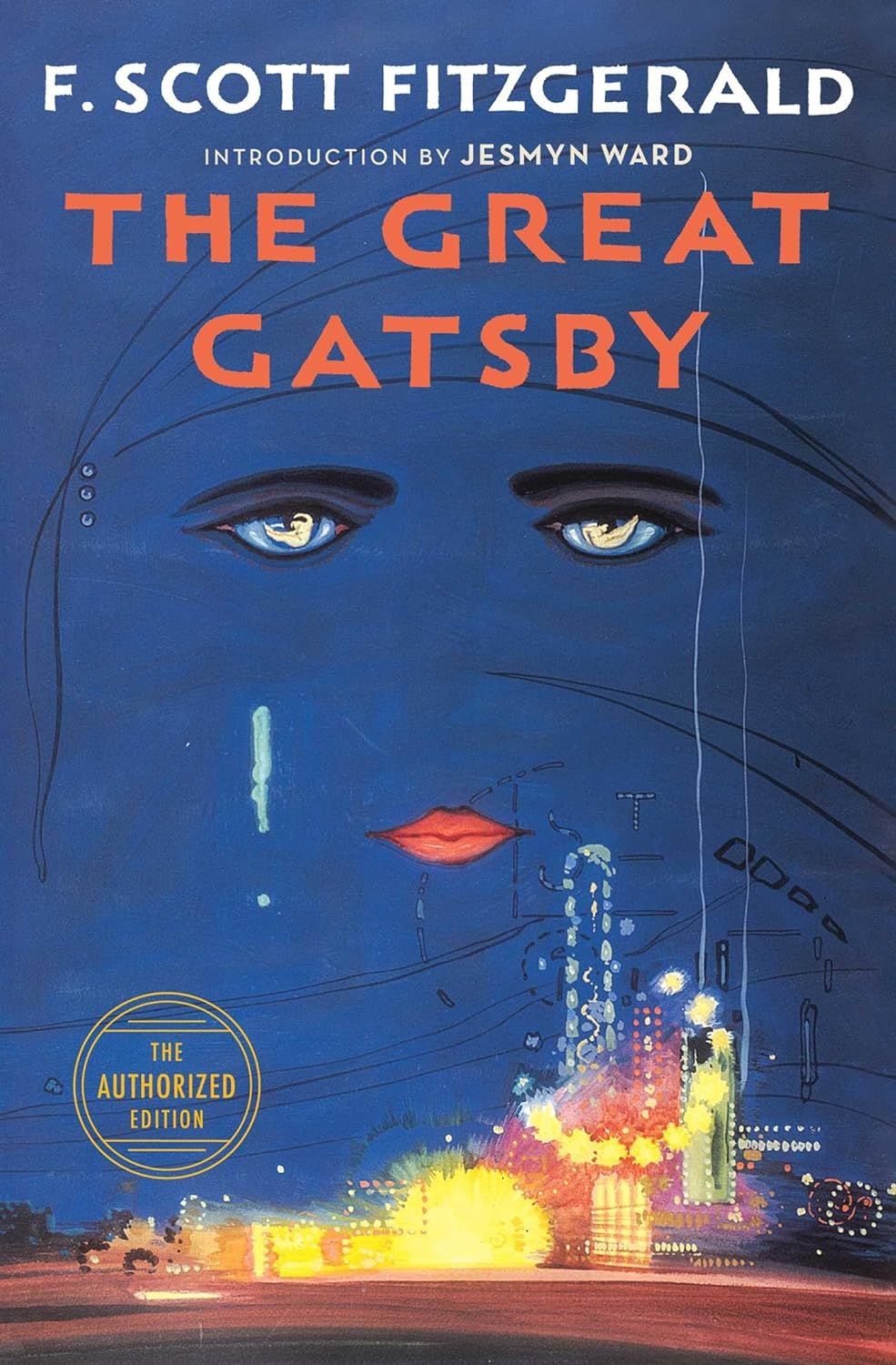The Great American Novels: A List from The Atlantic, My Take, Part One
Here’s a link to the list of Great American Novels. The editors have prefaced it with an explanation of how they arrived at these titles.
As I perused the selections, I couldn’t help but categorize them in terms of what I’ve read and loved, tried to read and couldn’t, and just plain haven’t read.
Right off the bat, I can tell you, three of the first four are novels for which I have the deepest reverence: The Great Gatsby, Death Comes for the Archbishop. and An American Tragedy.
I read Gatsby – reread it, actually – so I could present it to a book group in tandem with a contemporary novel. The Double Bind by Chris Bohjalian is a sort of riff on the plot of Fitzgerald’s masterpiece. To say I disliked it would be a colossal understatement. But I had to read it all the way through, in order to successfully do my part for the book group. I was gritting my teeth the whole time.
Needless to say, it was experiences like this that contributed to putting me off book discussion groups.
I’ve never written about Death Comes for the Archbishop, but let me just say that this is a novel of luminous beauty. It takes place in New Mexico, a land that fascinates me. I’ve read it twice and will probably read it again. Just recently I read My Antonia. I enjoyed it also. Cather is a marvelous writer. I highly recommend both of these novels, and also The Professor’s House, which is also a wonderful book discussion choice.

I read An American Tragedy in conjunction with Stranger Than Fiction, a true crime literature course that I presented several years ago to a lifelong learning group. I’d been warned that Dreiser’s prose tended to be somewhat clunky, and so it proved. But oddly enough, that seemed to add to the novel’s raw power. The way the story builds to the moment when Clyde, the hapless protagonist, must decide what to do about the existential dilemma in which he finds himself – well, my heart was pounding; I was filled with dread even though I knew what was going to happen. The fact that the novel is based on an actual occurrence served to make it even more heartbreaking.

The film A Place in the Sun is based on the events recounted in Dreiser’s novel. This is a brilliant film. There’s a scene where Montgomery Clift and Elizabeth Taylor are dancing at a social event, and he confesses his feelings for her. This is what he says:
“I love you. I’ve loved you since the first moment I saw you. I guess maybe I’ve even loved you before I saw you.”
Rarely has a downfall been more poignantly foretold.
A Return to Old New York: The Wharton Plot, by Mariah Fredericks

In this novel, the redoubtable Edith Wharton involves herself in the investigation of the murder of David Graham Phillips a fellow author. Wharton had only met Phillips once; on that occasion, she’d found him rather insufferably full of himself. Nevertheless, she gets drawn in to the inquiry.
Fredericks does a wonderful job of recreating New York City circa 1910. Edith and her husband, the hapless Teddy, have taken rooms in the fashionable Belmont Hotel. Henry James, her friend and colleague, is staying there also. She seeks his advice from time to time, but he’s rather elderly and distracted at that point in time, and also grieving the loss of his brother, the distinguished professor and powerful intellect William James.
There’s a delightful scene early in the narrative in which Edith, walking past a bookstore, is irritated by the sight of the mysteries of Mary Roberts Rinehart prominently displayed in the window, while her own work is nowhere to be seen! (Later on, she phones Rinehart to ask for some advice regarding the solving of murders.)
If you’re getting the impression that I found the actual mystery to be the least compelling aspect of The Wharton Plot – well, you’d be right! Also, I must admit that the casting of historical personages in crime fiction is a trend that I’m rather wary of. But I think Fredericks really makes it work here.
I’m not all that widely read in Edith Wharton’s oeuvre, but I have read – and loved – The House of Mirth and The Age of Innocence. Reading The Wharton Plot made me want to return to her works. I have therefore embarked on a collection of her ghost stories published by New York Review Books. It is simply entitled Ghosts. I’m about half way through it at this point. Th stories range from good to great; ‘great’ would definitely apply to “All Souls,” the first tale in the collection.
While I’m at it, I’d like to recommend The Circular Staircase by Mary Roberts Rinehart, available on Kindle Unlimited for $0.00. For a mystery written in 1908, it’s surprisingly readable and quite engaging.
‘He now wants only to leave, he wants never again to enter the closed chamber of his marriage….’ Leaving, by Roxana Robinson

As the novel opens, Sarah, a divorced woman of sixty years or thereabouts, is leaving an opera house. At the foot of the stairs, she sees a frail elderly woman standing still, completely immobilized by fear. She offers her arm to assist, and together they slowly ascend the staircase. (As I’m reading this I’m saying to myself, She’s writing a novel about my mother!)
On this same occasion, Sarah runs into Warren, an old flame now married, from her youth. He has become, in the intervening years, a fanatical opera lover. What happens next is both inevitable and predictable. I was thinking, Oh no, this tired trope again. But then I remembered the lines from Ecclesiastes:
What has been will be again,
what has been done will be done again;
there is nothing new under the sun.
What makes a situation new is the individuals who are at its center: what they feel, what they do, how they act and react. (And I, like many, should know this, from personal experience.) As the novel progressed, Sarah and Warren became increasingly vivid in my eyes. Their fates became a matter of urgency.
The cover, by the way, is a reference to Carnation, Lily, Lily, Rose, a painting by John Singer Sargent:

This most poetical work plays a small but crucial role in the drama.
( As you may have surmised, the characters in this novel occupy a rather elevated cultural stratum. As an aid to decompression after an extremely stressful experience, two of them launch into a discussion of the novels of Kazuo Ishiguro.)
This novel is certainly about leaving, but questions tantalize: Who is leaving whom? or what? And finally, why? (The title of this post is only a partial answer, and a misleading one at that.) I don’t want to give away any more.
Finally I have to say, that Leaving is the most discussible novel I’ve read in ages. When I finished it, i found myself wanting rather urgently talk to someone about it. The unexpected developments in the plot, the actions of the various dramatis personae, the workings of an unknowable fate….If you read it – and obviously I recommend strongly that you should – please leave a comment in this space. As soon as possible!
